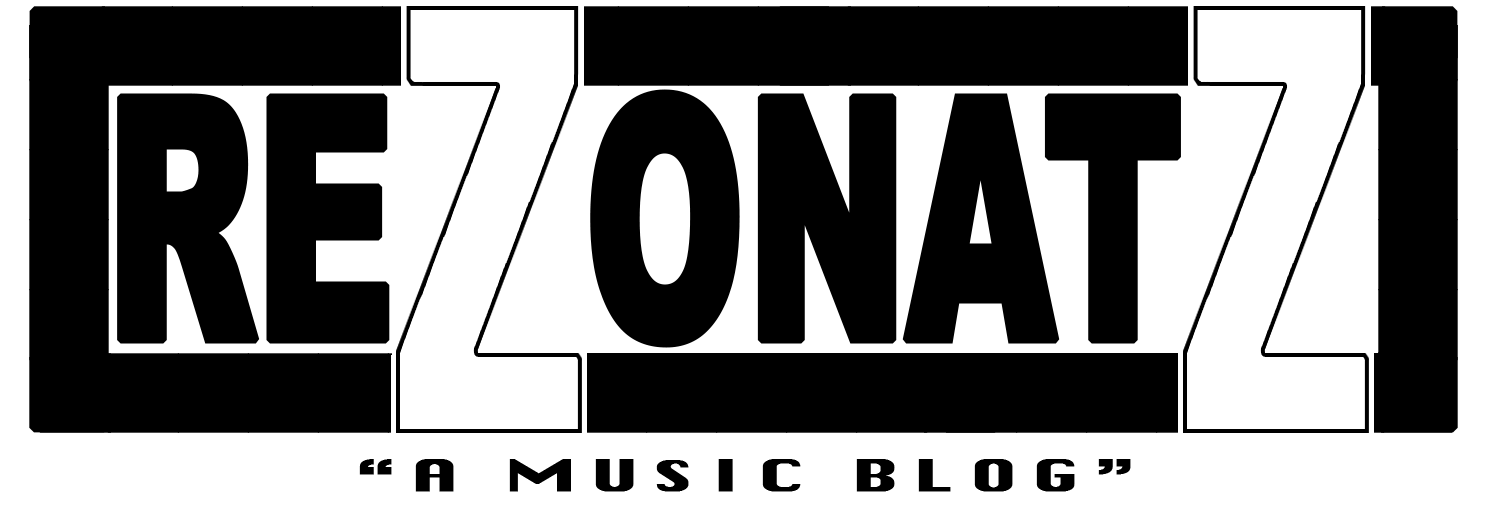
There are very few bands who have impacted the progressive scene like (The) Soft Machine, who are still enthralling and challenging audiences more than 50 years since their debut. Over the years they have had numerous incredible musicians through their ranks, with multiple different line-ups, and while there will always be some disagreement about which was the best, there is no doubt that the tenth version of the band can lay claim to that accolade. While Lyn Dobson was with the band just long enough to record one track on ‘Third’, it was the remaining quartet of Elton Dean (alto sax, saxello, Hohner pianet), Hugh Hopper (bass), Mike Ratledge (Hohner pianet, Lowrey Holiday Deluxe organ, Fender Rhodes) and Robert Wyatt (drums, vocals) who completed that seminal work and then went on to record ‘Fourth’.
In February 1971, Soft Machine performed two concerts at the Henie Onstad Art Center near Oslo, Norway, as part of an art exhibition by the Boyle family, with Mark Boyle’s films projected during the performances. Mark Boyle, with his partner Joan Hills and their Sensual Laboratory light show, had accompanied Soft Machine on many of theirs gigs in the band’s early years, and this was a reunion of sorts. The set came mostly from ‘Third’ and the newly-released ‘Fourth’, with a few extras—“Neo-Caliban Grides,” soon to appear on Elton Dean’s self-titled solo album; ‘All White’, the only new composition in the set (and the only one to utilize Ratledge’s newly-acquired Fender Rhodes piano); and “Pigling Bland,” which, despite appearing alongside “All White” on 1972’s ‘Fifth’, actually dated back to 1969, having been written as a new ending for the septet arrangement of “Esther’s Nose Job.” Both nights were recorded by Meny Bloch with a tape machine connected to the mixing desk, but it was some years before they were made available, with Michael King releasing the second night as ‘Live At Henie Onstad Art Centre 1971’ in 2009. That has long been unavailable, while the first night has not previously been available at all, but that has now changed.
Ian Beabout was given the job of mixing and mastering the tapes, and an amazing job he has done. The best way to listen to this is on headphones, and when one really has the time to do just that, as this release is nearly three hours long, broken into four sets of continuous music. There are long periods where Wyatt shows incredible restraint and control by not playing at all, leaving it to the musicians in front of him to bounce ideas off each other. There is no doubt that the best way to appreciate The Softs is in a live environment, and thanks to Cuneiform we now have the opportunity to revisit four musicians at the height of their powers, and from their performance no-one would believe that in a few short months after this recording that this line-up would be no more with the departure of founder Wyatt.
It is arguable that the second night has more of a togetherness about it, but one would expect that given they had played in the same venue the previous night so were able to get back into the connections more easily, but all four discs show a band very much at the height of their powers. This is Canterbury progressive rock at its very finest, and Cuneiform have provided a lot of information and photos in the booklet, telling the story of the nights and how the recordings were rediscovered. The result is something which is absolutely indispensable to anyone who enjoys this style of music, as Ratledge and Dean combine to create interweaving melodies which bounce off each other, Hopper does much more than “just” play bass as he provides incredible foundations and groove and then at the back is one of the more under-rated drummers from the scene who was then in the prime of his health.
Here we have a wonderful set showing just why Soft Machine have had such a major influence on so many others and why they continue to be an important force in the present day, even if the current line-up has no-one in common with the one from 1971. According to ProgArchives, the most highly rated album by the band is ‘Third’ (and rightly so), and here we have that line-up doing what they did best, performing incredible music in front of an appreciative audience. Now we are able to experience it for ourselves. 10/10 Kev Rowland









